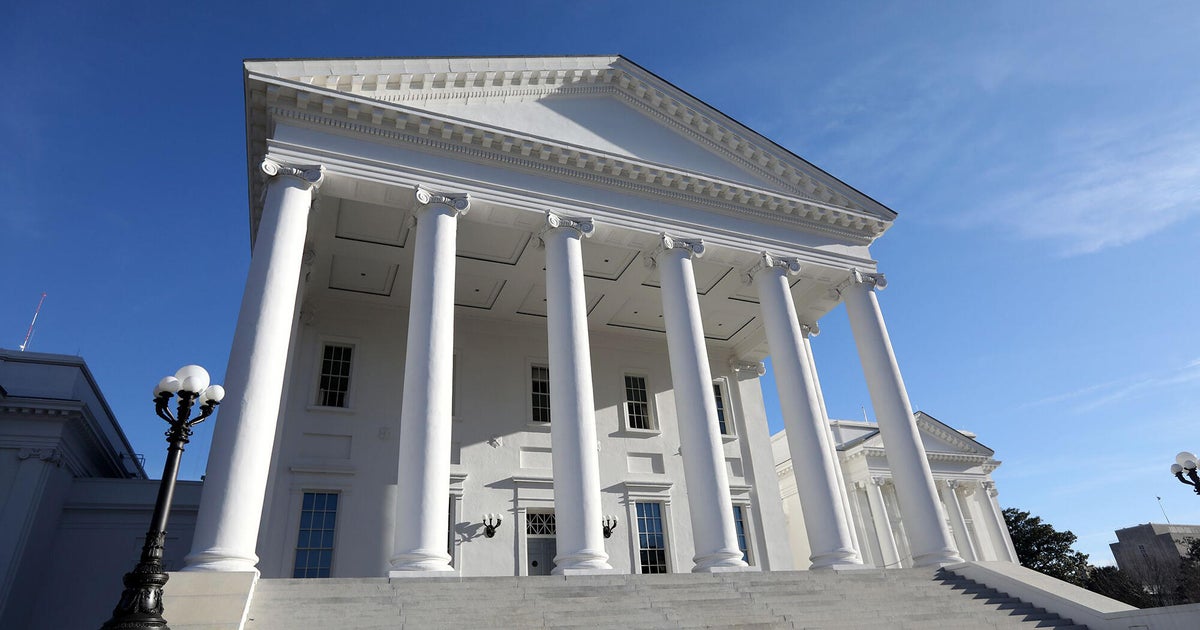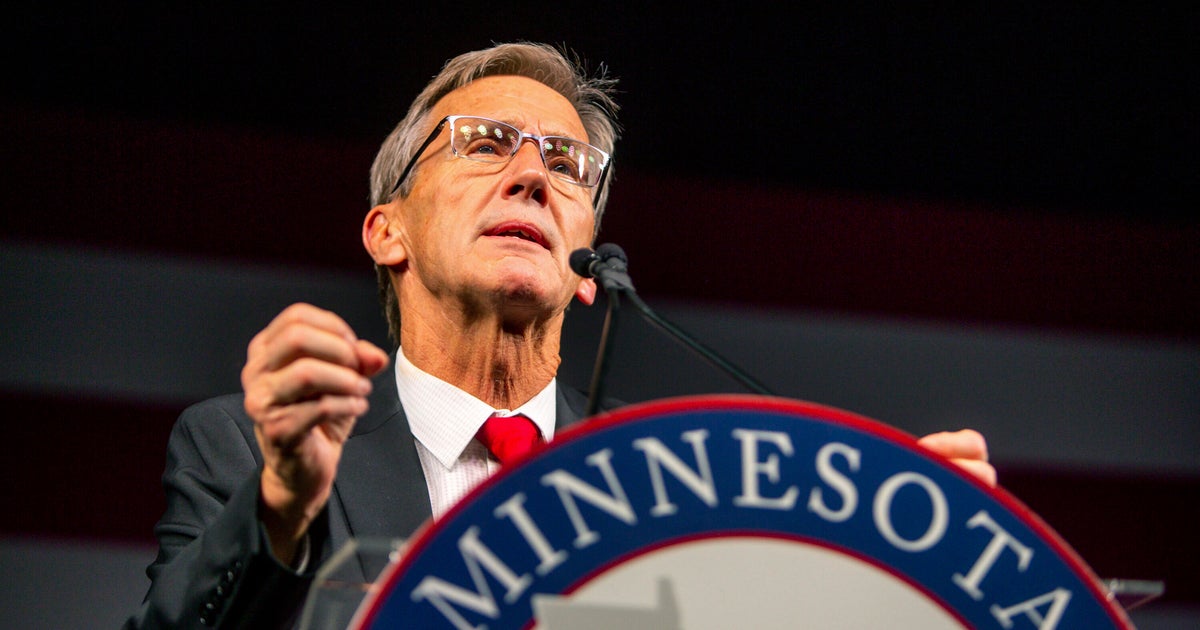CBS 2 School: The Last Word
Disraeli once said – "With words we govern men." Today we are reviewing the most prominent words we learned from Tuesday's Midterm Election.
Grassroots. Was Tuesday a national referendum for Obama's agenda or just another local political fight? Understandably "all politics is local." Electoral victories all involve mobilizing campaign workers on the ground. This kind of grassroots activity may not guarantee victory but no one can win without it. Tea Party enthusiasts energized a conservative grassroots effort the Democrats could not counter.
Critical Elections. Critical elections involve large numbers of party loyalists switching their allegiance permanently to another political party. Tuesday should have taught us that there is no longer such a thing as a critical election. Democrats after 2008 were eulogizing Republicans. The large number of votes for Obama and the Democrats made it look as if Republicans would forever be a minority party. Historic Republican gains on Tuesday will not be permanent. All of the gains of Tuesday could be lost next time around if Republicans do not deliver on their pledges and promises.
Turnout. In our democratic system the most votes win. This means getting your people out to vote is the difference maker. With all of the money spent this time around, somewhere around $4 billion, none of it matters unless people come out and vote. Midterm elections typically do not attract large numbers. Turnouts tend to be low. This Tuesday attracted more voters than recent midterm elections. For this we all can celebrate.
Divided Government. One political party will no longer hold the Presidency and the Congress. The days of unified government are over. Divided government means the branches of government are held by different political parties. President Obama is a Democrat. The new House of Representatives, after Tuesday's returns, will now be held by a large majority of Republicans. Many think this means more gridlock and less legislation passing. Political science would suggest otherwise. Experience tells us that divided governments are forced into positions of greater compromise. Both parties need to show their constituents they can get things done. Divided government might actually be good for us.
Incumbency. The rule of thumb in politics is "go along and get along." For members of our Congress this meant that if you behave you can stick around for a long time. Incumbents typically get reelected. Even in the volatile midterm election just past only one third of the House races were competitive. Incumbents have too many advantages to be unseated. Name recognition, ability to raise large amounts of campaign cash and the franking privilege are just a few of the advantages. With the rise of independent voters, however, the power of incumbency may be in decline. There is no greater check on our government then when our elected officials feel vulnerable to voters' retribution. It may be time to bring back the debate for term limits.
These are but a few of the words we the voters learned last Tuesday night.
In the coming months we will discover what the elected officials learned from us. Our ballot, hopefully, will speak louder than words.







